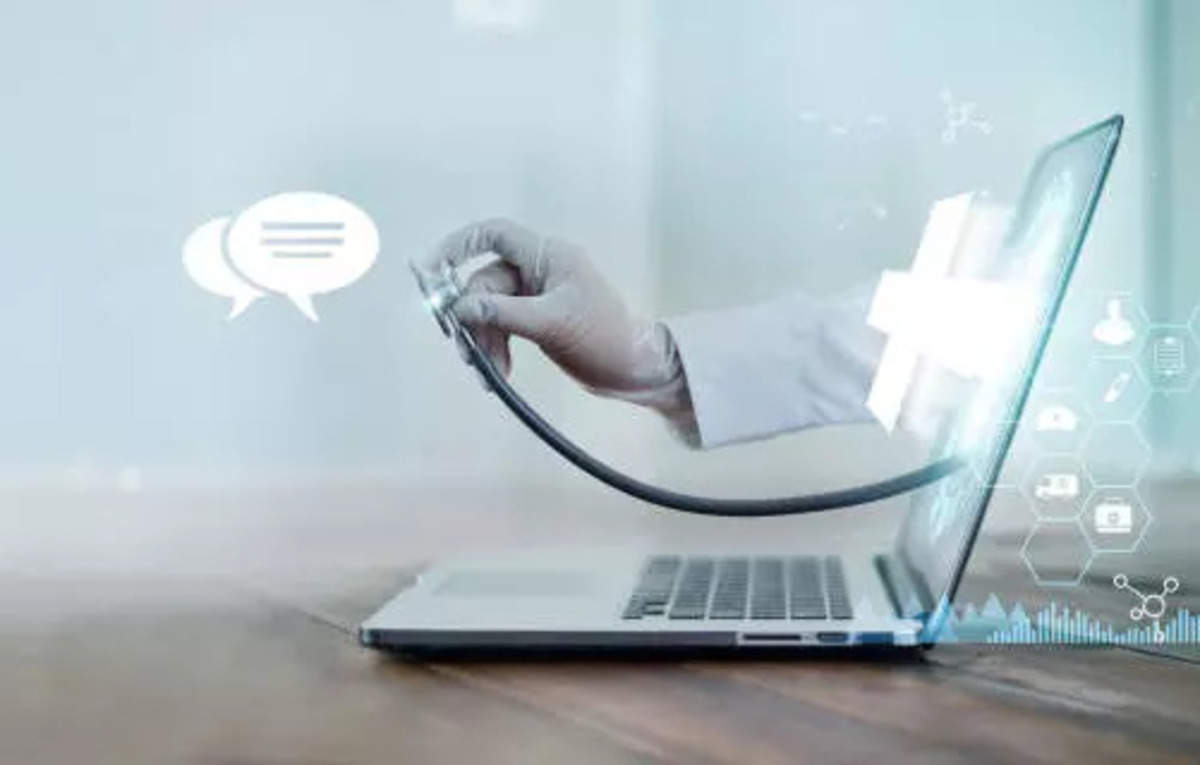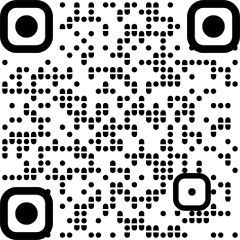Today, we are in the information age, having access to more instantly available knowledge than ever before. Technology advancements have made this possible. From the rise of e-commerce and apps for ride-sharing services, to video streaming options, virtual video conferencing services, technology is making it easy for people to deal with their day-to-day lives. As technology continues to advance, we will see new innovations emerge that will have meaningful impact across industries. Hence, it shouldn’t come as a surprise that digital solutions have been transforming the way people manage their health and take care of themselves.
Technology has become a part of a patient’s healthcare journey with telemedicine, wearables, remote monitoring, health apps, lab automation, and more. This shift is being welcomed – with India already reporting around 400 million digital health users across telehealth, home testing, e-pharmacies, and other digital solutions.
We’re entering an era of data-driven care, which can support intelligent health decision-making. This can be clearly seen with the growing adoption of technological solutions in managing chronic health conditions such as diabetes, which affects over 100 million people in India. People living with diabetes have a greater likelihood of developing comorbid conditions, such as heart disease, cancer, hypertension, making effective disease management crucial. Navigating conditions like diabetes can be tricky. Hence, it is important to simplify this journey and enable people to make better decisions.
Thanks to new innovations in diabetes management technology like insulin delivery systems and continuous glucose monitoring (CGM), living with diabetes today looks very different than what it was 5-10 years ago. For years, managing diabetes involved around-the-clock tasks and a constant worry to ensure glucose levels were within acceptable ranges. From fingersticks, guessing the correct insulin dosing, continuously questioning what you can eat, and general fear and doubt, it’s truly incredible how far we’ve come.
Advanced CGM monitoring equips people with real-time information about their glucose levels, which can help them understand the impact of their diet, lifestyle, and treatment on their diabetes. Further, it can alert them of any worrying glucose spikes or lows and can guide their next steps to ensure they take prompt action.
Devices like CGM can also empower people to exercise more control over their glucose levels. For example, the device offers a unique metric that allows people to understand the percentage of time in a day that their glucose levels stay within a specified, optimal ‘sweet spot’ called Time in Range (TIR). This technology-powered tool complements traditional metrics by offering a broader picture of an individual’s blood sugar levels. An uninterrupted flow of such insights can have important benefits for a person living with diabetes – encouraging personalised decision-making in terms of adjusting their lifestyle and physical activity. Additionally, having vital data can lead to more meaningful conversations between a person with diabetes and their doctor, and lead to better informed treatment plans.
With monitoring tools and data at our disposal, we are taking a step closer to enable holistic care for people living with diabetes. At the same time, such solutions can yield economic benefits by reducing hospitalisations, supporting early interventions, and lowering the risk of complications and related doctor visits and treatment. This is reflected in the findings of several global studies. The Association of British Clinical Diabetologists (ABCD) Nationwide audit highlighted a 50 per cent reduction seen in monthly hospital admissions for hyperglycemia or related diabetes complications. Similarly, studies in France have shown a 67 per cent drop in hospitalisations one year after using the continuous glucose monitoring technology.
Simplifying the diabetes management process not only aids people living with diabetes and their caregivers, but also has a wider impact – reducing the burden on the country’s health infrastructure and healthcare practitioners.
Over the past few decades, the digital revolution in healthcare has brought about a significant shift towards data-driven and patient-centric care. With the latest technology advancements, patients are empowered with real-time data to make informed decisions about their health, and healthcare providers can personalise treatments based on individual needs. The potential for technology to disrupt and revolutionise healthcare is immense, and we must continue to move forward and explore new ways to prevent, diagnose, and treat diseases. As we navigate the future of healthcare, let us embrace the power of technology to transform lives, improve health outcomes, and enable people to live healthier and fuller lives.
Kalyan Sattaru, General Manager, Abbott’s Diabetes Care Business, India
(DISCLAIMER: The views expressed are solely of the author and ETHealthworld.com does not necessarily subscribe to it. ETHealthworld.com shall not be responsible for any damage caused to any person/organisation directly or indirectly).


